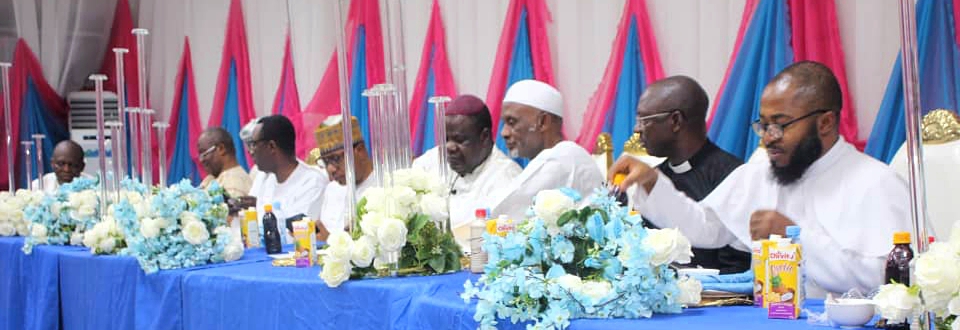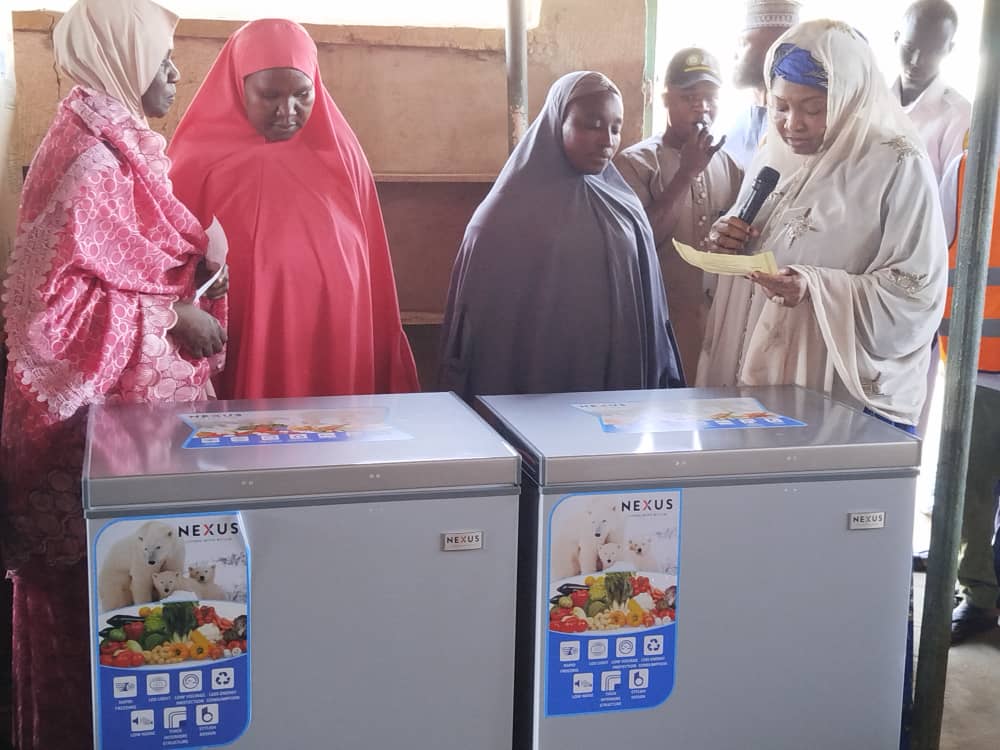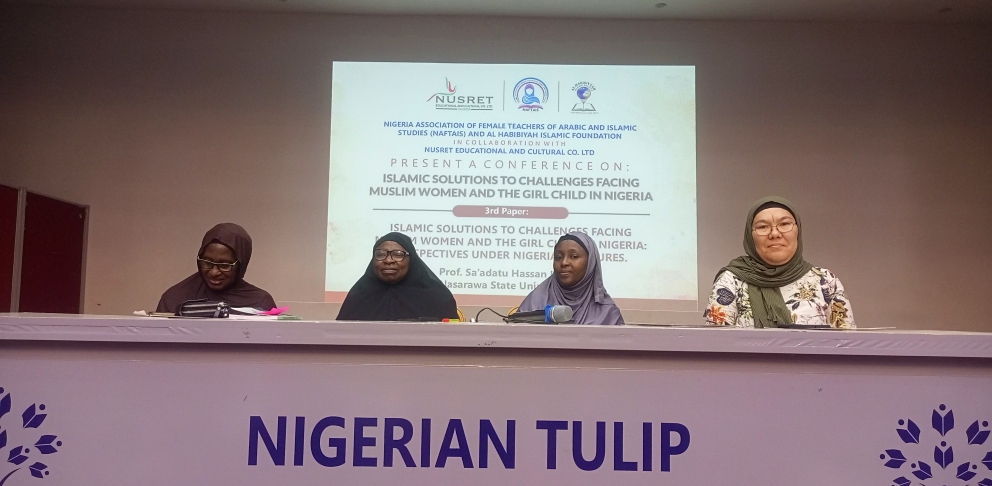Ramadan: Faith leaders advocate for food security to foster lasting peace
By Muhyideen Jimoh
A cross-section of Muslim and Christian leaders have called on the Federal Government to prioritise addressing food insecurity, emphasising its vital role in achieving lasting peace and stability in the country.
The call was made on Saturday evening in Abuja during the Al-Habibiyyah Islamic Society’s 2025 annual Ramadan Food Bank and iftar (breaking of fast) event, which also hosted faith-based leaders.
The event brought together Christian and Muslim clerics who broke their fast together, serving meals to about 2,500 fasting Muslims and other less privileged individuals.
The National Chief Imam of Al-Habibiyyah Islamic Society, Sheik Fuad Adeyemi, highlighted the event’s goal of promoting peace, unity, and religious tolerance among all Nigerians.
He stressed the vital role food security plays in ensuring national peace and stability.
“We are all from the same place, and whether we like it or not, we are going back to the same place.
“We are from God, and we pass through the soil to return to God again. When we come together as Muslims and Christians, we often find peace rather than conflict,” he said.
Rev. Joseph Hayab, Chairman of the Christian Association of Nigeria (CAN) in the 19 northern states and FCT, lauded the event as a genuine example of interfaith collaboration.
He emphasised that people were tired of hearing about faith and urged faith leaders to show their beliefs through actions.
Prof. Cornelius Omonokhua, Executive Secretary of the Nigeria Inter-Religious Council (NIREC), also called on the government and all stakeholders to prioritise the welfare of the masses.
Sheik Tajudeen Bello, Chief Imam of the Fouad Lababidi Central Mosque, Wuse Zone 3, emphasised that peace could not be achieved in a nation where its people were hungry.
Alhaji Farouk Suleiman, Chairman of the Al-Habibiyyah Food Bank, said that more than 2,500 beneficiaries received aid daily, with 50kg bags of rice and 80 crates of eggs distributed throughout Ramadan.
He encouraged Nigerians and organisations to further support initiatives for the less privileged.
The event was attended by a range of faith leaders, including representatives from CAN, NIREC, and various faith-based organisations.(NAN)(www.nannews.ng)
Edited by Abiemwense Moru








